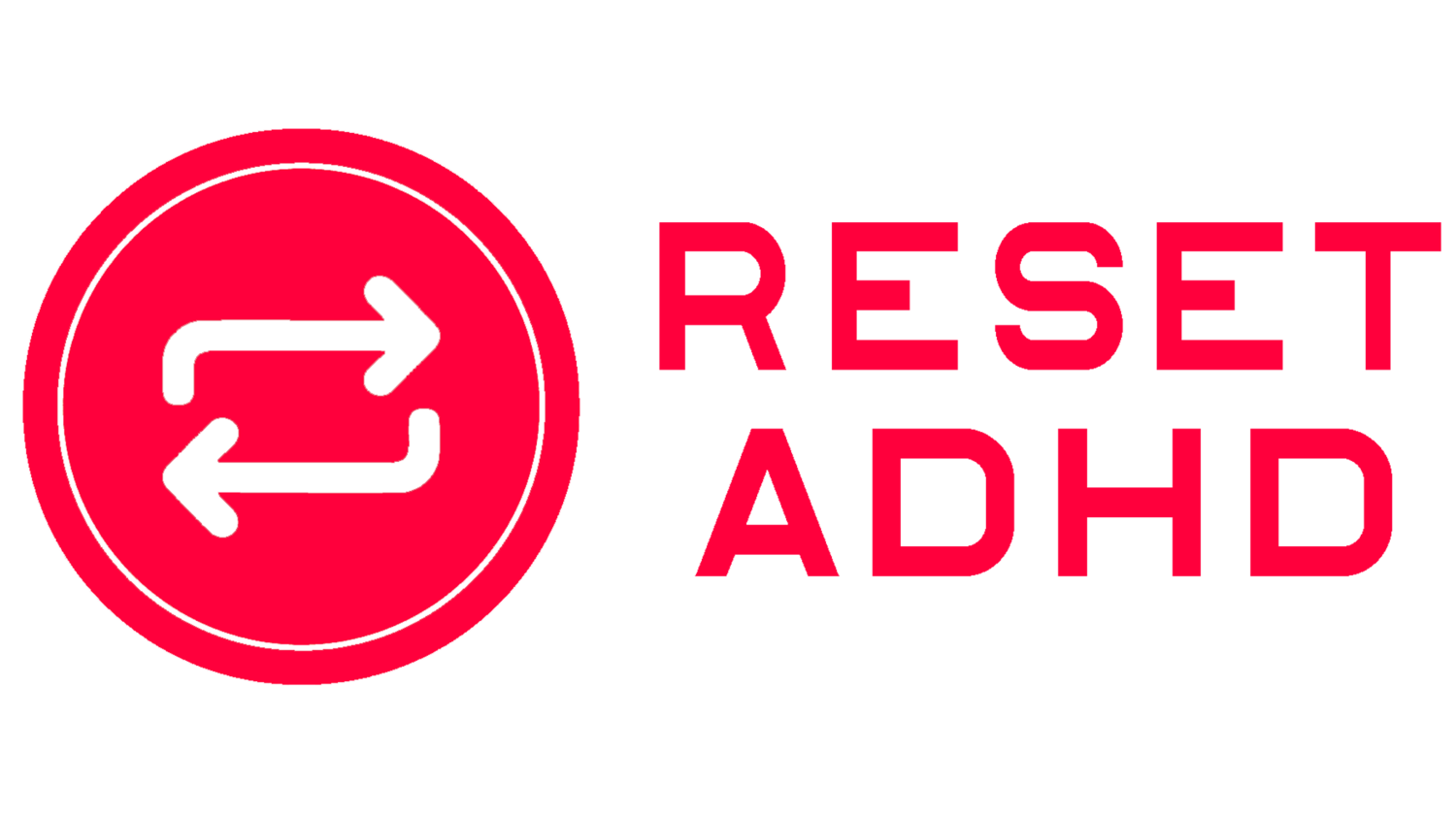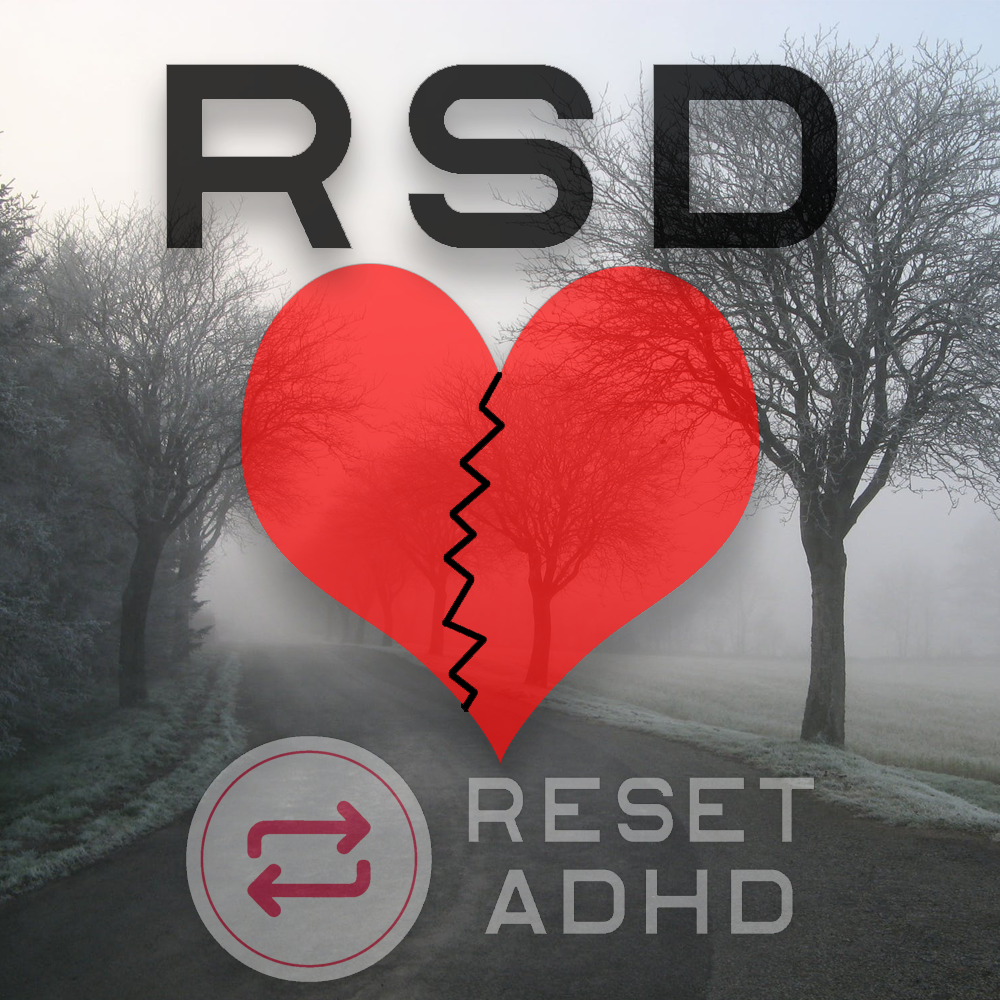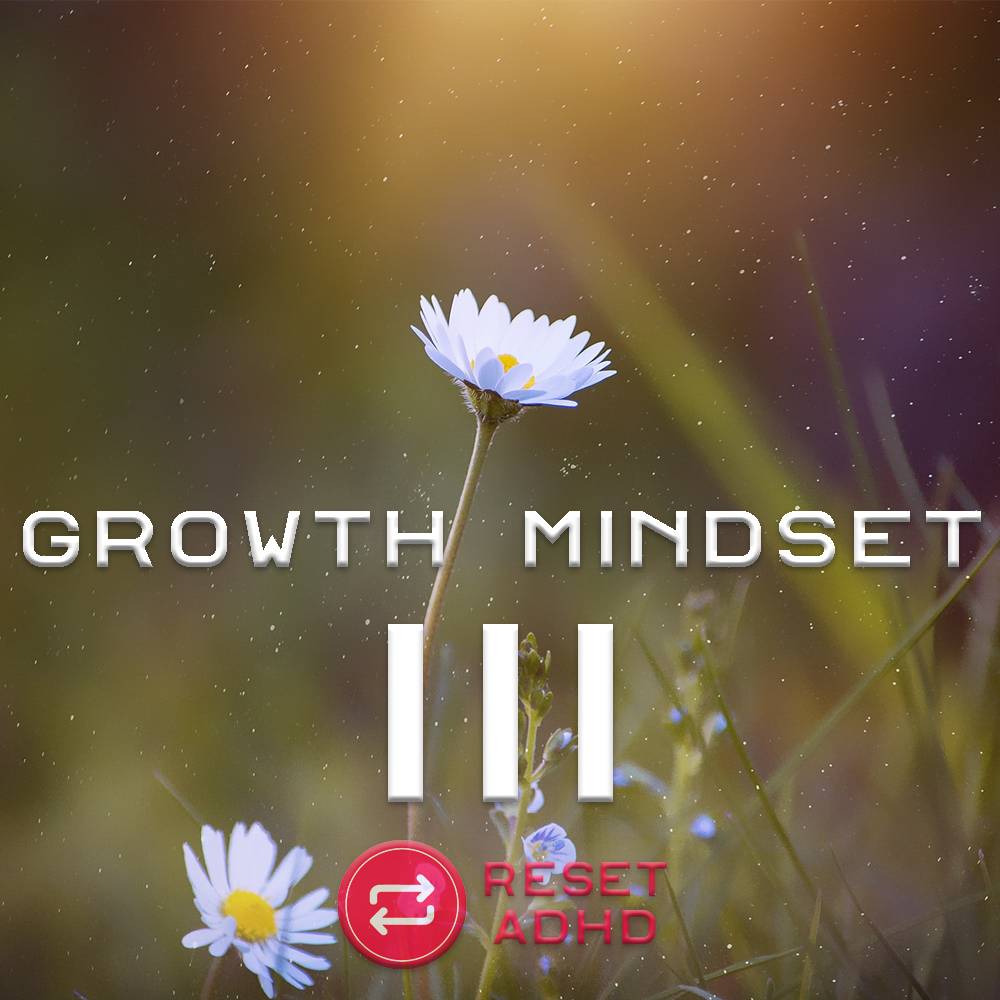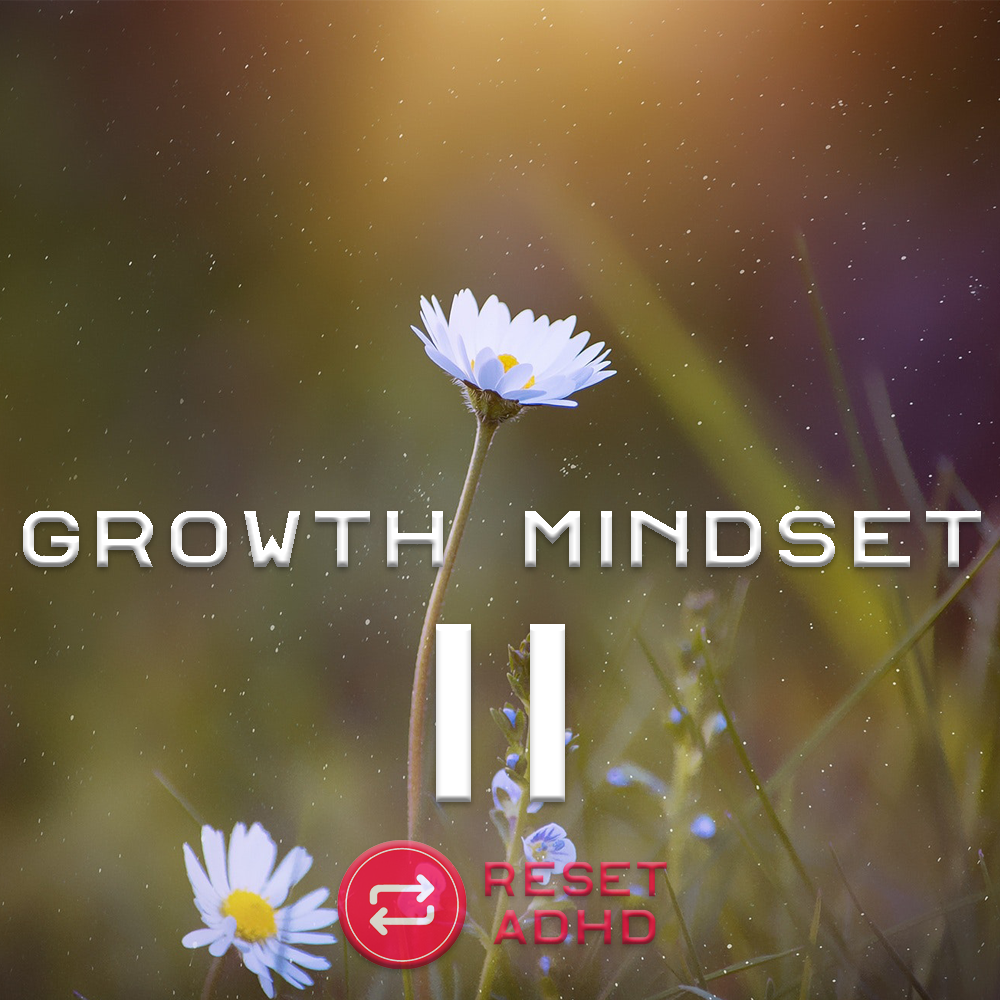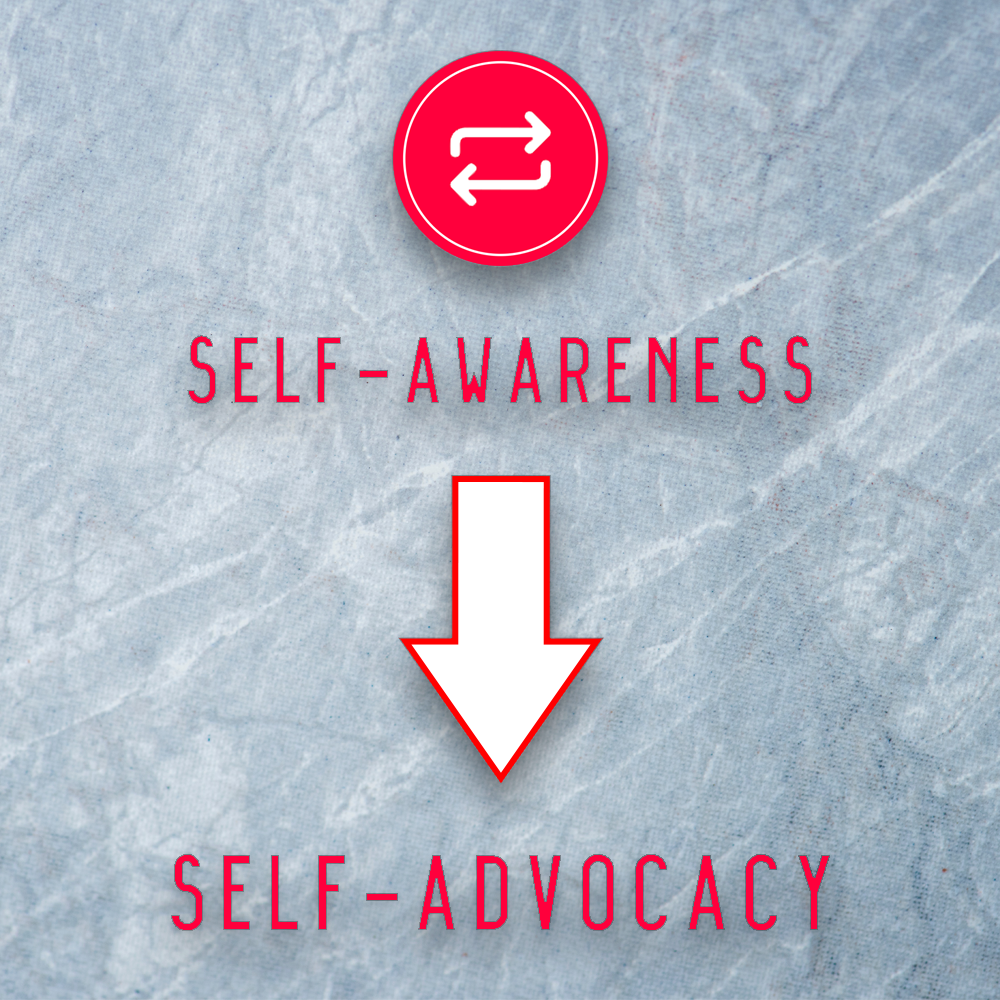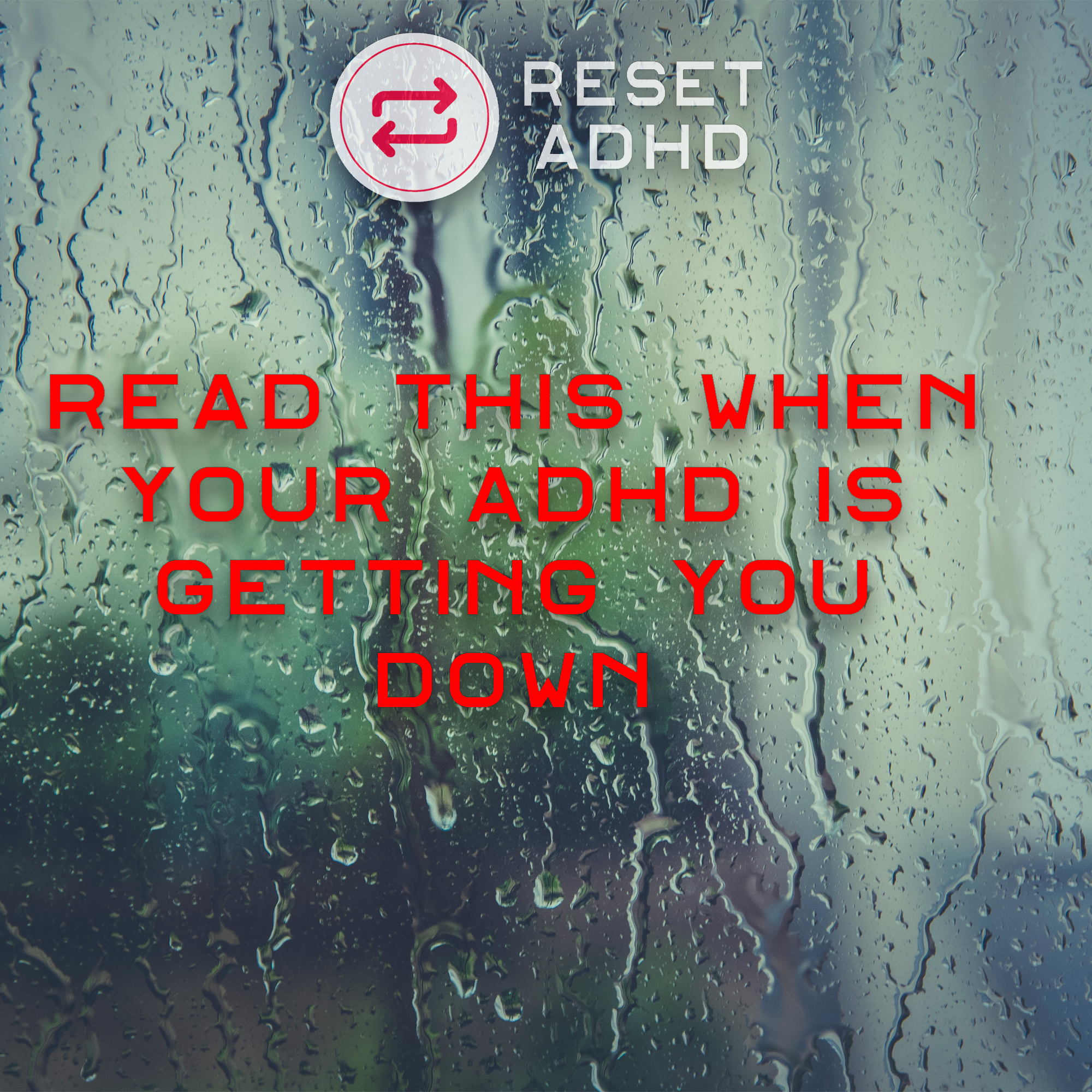blog
- Accountability 3
- Advice 198
- BOREDOM BUSTER 2
- Books 12
- Calendar 2
- Careers 4
- Coaching 22
- Comorbid Conditions 5
- Crime 5
- Diet 2
- Emotional Regulation 6
- Encouragement 71
- Exercise 11
- Fun 29
- Getting Unstuck 81
- Giveaways 1
- Humor 12
- Impulsivity 10
- Information 128
- Inspiration 107
- Medication 7
- Memory 9
- Money 1
- Movies 7
- Music 3
- Musicals 2
- Personality 21
- Perspective 40
- Positivity 84
- Prayer 5
- Productivity 88
- Rants 41
- Relationships 14
- Reviews 4
- Schedule 3
- School 9
- Self-Care 7
- Sleep 13
- Social 5
- Spirituality 7
- Sports 1
- Stereotypes 2
- Stories 30
- Strategies 97
- Strengths 11
- TV Shows 4
- Tech 1
- The Weekly Reset 216
- Time Management 8
- Tips 149
Rejection Sensitive Dysphoria
Hello. My name is Alex. I am 25 years old, and I am terrified of being rejected. It is natural to not want to be rejected, but I am legitimately afraid of rejection. What makes this worse is the fact that I expect to be rejected.
Like many people with ADHD, I suffer from rejection sensitive dysphoria. This is my story and how it has affected me.
Escaping the Shame of ADHD
When you have ADHD, it is easy to feel bad about yourself. You hear a lot of corrective and critical statements. After hearing enough of those, you begin to internalize them. You begin to feel like you are not enough, and shame creeps into your life.
However, it is important to break free from this pattern of self-shaming. You are not broken. You are who you were created to be. I know it can be easy to feel shame about having ADHD, but you need to fight that temptation. Here are a few suggestions to break free of the shame.
Growth Mindset Part 4: The Learning Zone
Part IV covers “The Learning Zone.” All those who are excellent performers in their field have spent and consistently spend plenty of time in the learning zone. Those with a fixed mindset are always in the performance zone. They do not take time to learn and to grow. We need to spend time in both zones. Sadly, many of us neglect the learning zone.
Growth Mindset Part 3: Fostering a Growth Mindset
A fixed mindset is easy to spot, especially when you have become aware of it. To remind yourself of what it is like, review part one of this series. When you see the qualities, take notice of them. What effect does this mindset have? How does it affect you? How does it affect others? When you see it in action, remind yourself that you want to foster a growth mindset, not what you are observing. Be sure to take note of both when you are acting with a fixed mindset and when others are using it.
Growth Mindset Part 2: Benefits of a Growth Mindset
Growth mindset focus on learning, not results. If students focus on improving and learning, their grades will go up. The focus is on learning the information, not simply doing well enough to get the grade that will make their teachers and parents happy. The improvement in academic performance is especially useful in subjects, like math, that build on previous material. Instead of struggling as more and more as topics build on previous topics and having to go back and relearn some material, the student will be ready for the next subject, having already mastered the previous topics.
The Stories We Tell Ourselves
We all have stories about our lives. There are good stories and bad stories. But, what determines whether or not a story is good or bad? We do. We have the choice to make a story good or bad. The stories in our past that we view as negative, perhaps, just need to be seen in a different light.
Imagination: Friend or Foe?
Those of us with ADHD have vivid imaginations. We have a crazy amount of ideas and are prone to thinking differently. Our imaginations are powerful, but is this power good or bad? That is a question worth exploring. People believe Benjamin Franklin and Thomas Edison had ADHD. One of the reasons for this belief is that they were incredibly inventive. They thought outside of the box.
Self-Awareness Leads to Self-Advocacy
Knowledge is power, and it is even more powerful when it is self-knowledge. One of the best things you can do to manage ADHD and improve your life is to know yourself better. Self-exploration is something everyone should do, regardless of whether they have ADHD or not. When you know yourself and your needs, you are better able to articulate what you need from others. This takes time, but it is well worth it.
The Positive Side of Pain
One of the things that will inevitably occur when learning to manage one's ADHD is encountering pain. The ADHD brain is not a neurotypical brain, and the world was made for neurotypical brains. This leads to the struggles ADHDers face on a daily basis.
